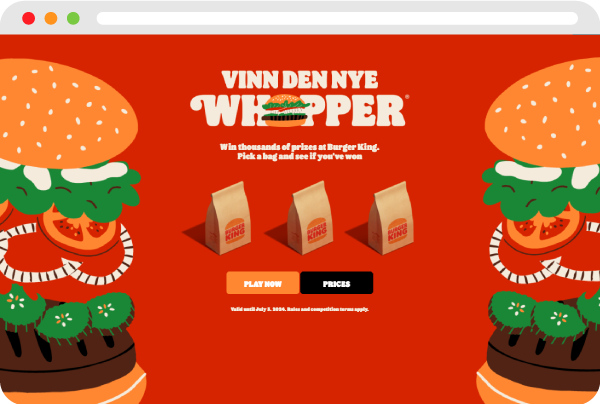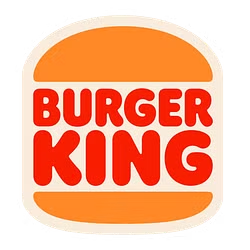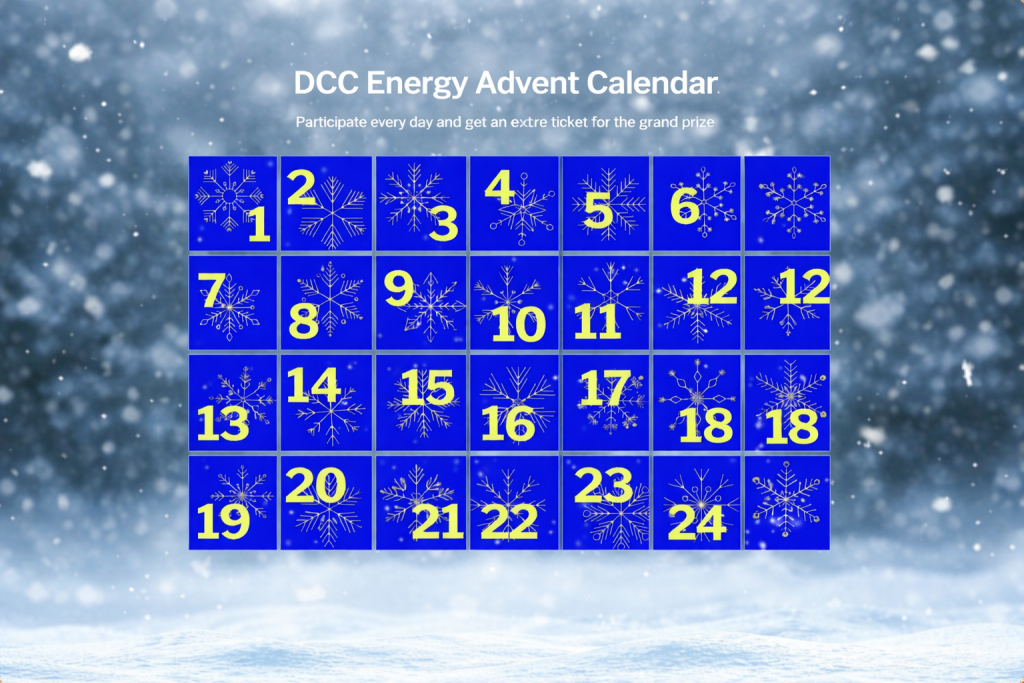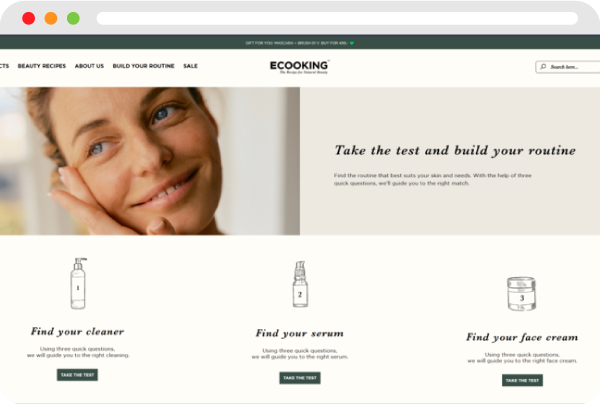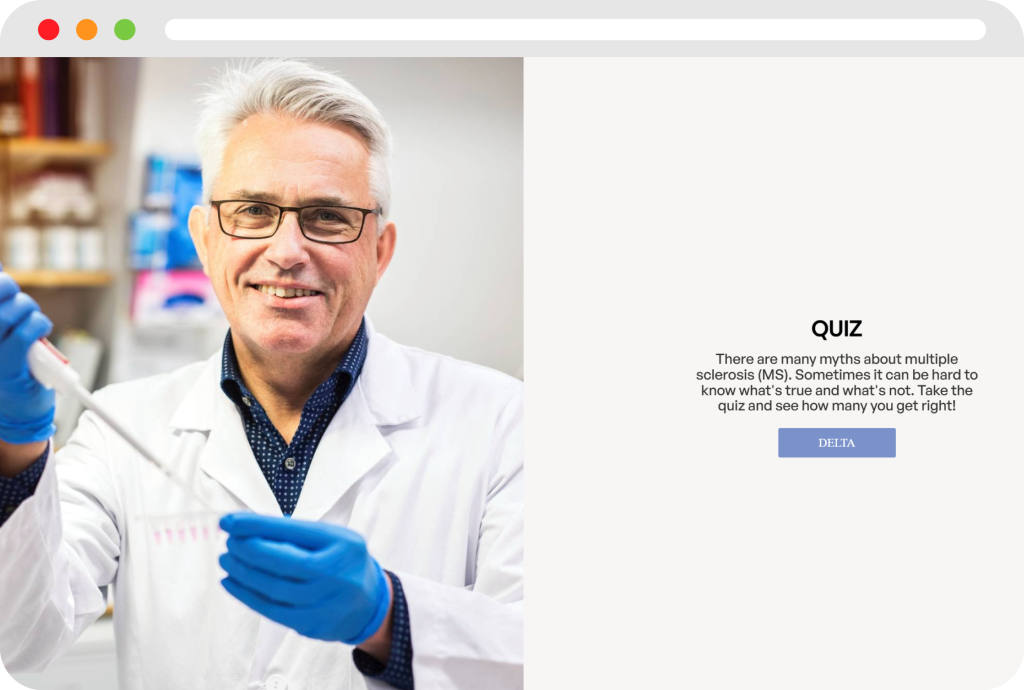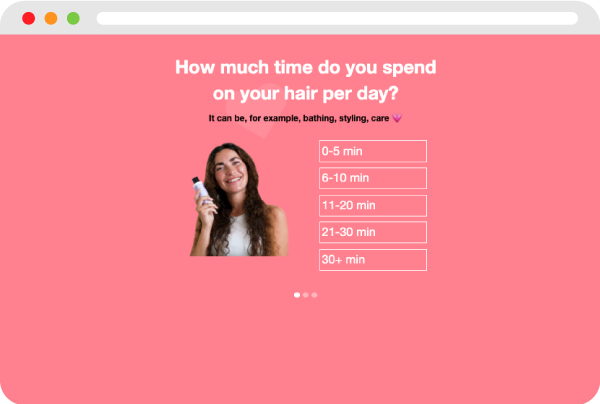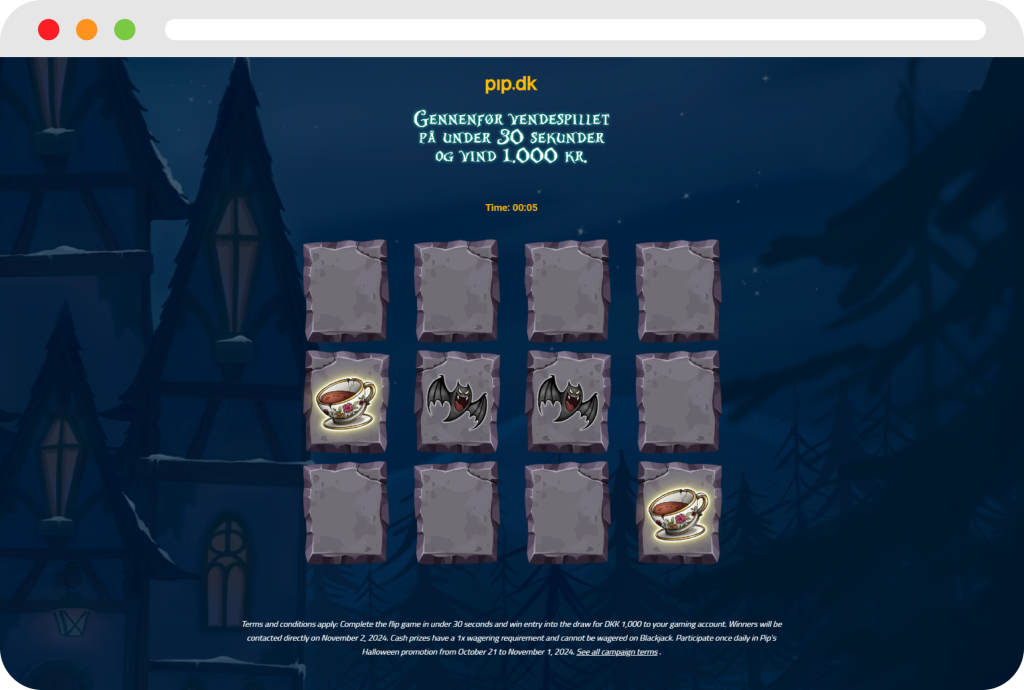One of the most compelling aspects of the campaign was its cost-effectiveness. Mila highlighted that the campaign drove high conversions at a lower media cost, with store visits and orders being the primary KPIs. Nearly half of the people who won a Whopper went to the store and redeemed it, with a 45.5% redemption rate for the free Whopper coupons across Denmark and Sweden. Moreover, customers often added additional items with their redemption, increasing overall sales.
Mila shared, "As far as CPM goes, it was one of the lowest we've ever experienced. It was the first time we had something so aggressively tactical without just focusing on the product price. The media agency called me and said, 'Mila, this is going through the roof.'" This cost-effective strategy proved to be cheaper than traditional media campaigns, making it a standout success.
By avoiding physical limitations of in-store events and spreading the campaign online, Burger King was able to engage a wider audience, including all Burger Kings stores locations.
"It was a great way to get the product into people's hands, much like a traditional product sampling. By spreading the opportunity nationally, it drove footfall and increased local awareness."
Additionally, Burger King experienced significant growth in their permission base, which was a positive side effect of the campaign—not part of the original goals.
Mila noted that the campaign also achieved a 4% increase in orders that included coupons during the campaign week, the highest in the past year. Orders that included a Whopper increased by 9%, indicating that both free and paid Whoppers contributed to this rise. For a company like Burger King, these are significant numbers, highlighting the effectiveness of the gamified approach.
In summary, Burger King's gamification marketing campaign was a big success. It grew the email subscriber list, collecting useful customer data for future campaigns. It also allowed thousands of people to taste the new Whopper, boosting brand exposure. Plus, it encouraged repeat participation, strengthening customer loyalty.
With plans to continue leveraging gamification in future campaigns, Burger King is well-positioned to maintain its competitive edge and continue delighting customers. As Mila aptly put it, "Gamification is a versatile tool that can meet various KPIs and goals, providing an engaging and cost-effective solution for brands."
Key Takeaways
- Localized impact with geographical reach: Use gamification to extend your campaign's reach beyond a single location, spreading the benefits across all your outlets. Encourages customers to visit their nearest outlets, maximizing the campaign's reach and effect.
- Operational efficiency: Instead of overloading one single in store activation, gamification can spread the visitors per day and location helping manage kitchen workload by spreading customer visits over a more extended period, improving customer experience.
- Cost-effective conversions: Lowering CPM and driving store visits with aggressive, tactical campaigns. A well-executed tactic can be more effective than traditional product and price advertising.
- Product Sampling: As part of the campaign, 6292 people tried the new Whopper for free, leading to a 9% increase in Whopper orders for the campaign duration (both free and paid).
- Customer database growth: The campaign also led to significant increase in the email subscriber list, critical for future CRM and digital marketing efforts.
- Technical implementation: Initial fears around technical complications usually associated with introducing new technologies were alleviated by the flexibility of the Scratcher platform. This one-stop-shop solution allowed them to turn things around quickly.


